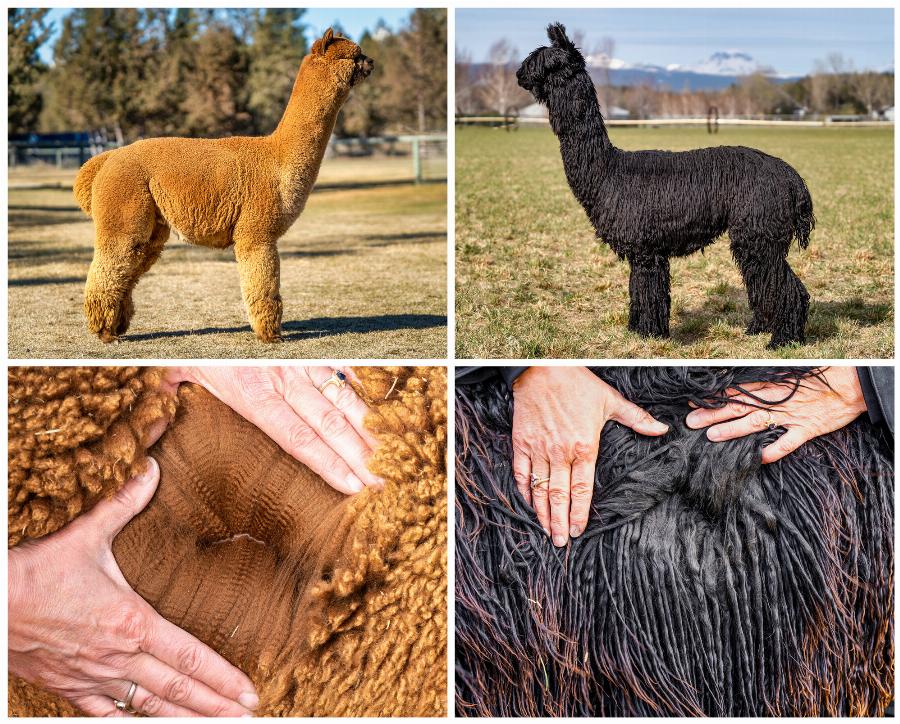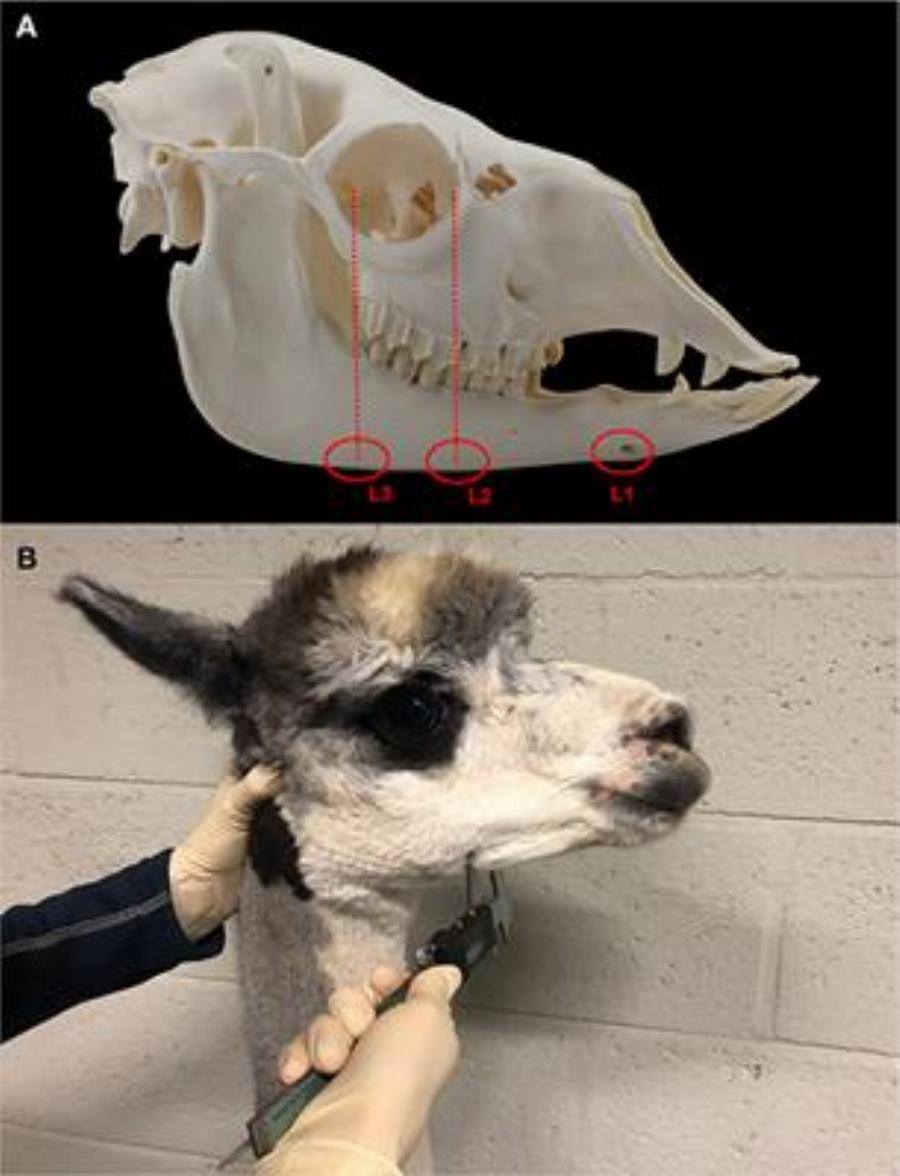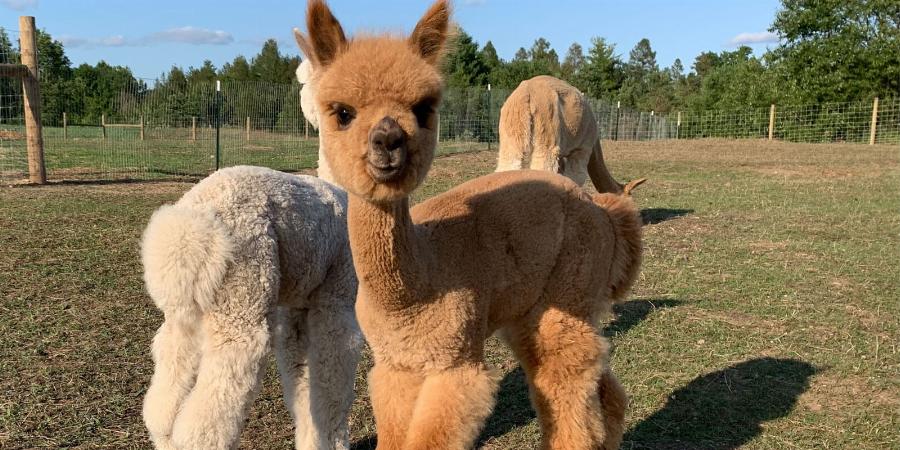Nội dung bài viết
- Origin and Significance of Alpacas
- Types of Alpacas and Their Characteristics
- Alpaca Care and Husbandry: Focusing on Alpaca Teeth Problems
- What are Common Alpaca Teeth Problems?
- How to Identify Alpaca Teeth Problems?
- Treatment Options for Alpaca Teeth Problems
- The Alpaca Industry and Its Products
- Interesting Facts and Myths about Alpacas
- FAQ About Alpaca Teeth Problems
- Conclusion
Alpaca Teeth Problems can significantly impact their overall health and well-being. Understanding the common dental issues alpacas face, how to identify them, and the available treatment options is crucial for responsible alpaca ownership. This comprehensive guide will explore everything you need to know about maintaining your alpaca’s dental health.
Origin and Significance of Alpacas
Alpacas, native to the Andes Mountains of South America, have been domesticated for thousands of years. These camelids, closely related to llamas, were prized by the Inca civilization for their luxurious fleece. Today, alpacas are found worldwide, valued for their gentle nature and the high-quality fiber they produce. Their unique adaptations allow them to thrive in harsh high-altitude environments, and their social nature makes them fascinating animals to observe and interact with. But these gentle giants can experience specific dental issues that require careful attention.
 Alpacas in their natural habitat – the Andes Mountains
Alpacas in their natural habitat – the Andes Mountains
Types of Alpacas and Their Characteristics
Two primary breeds of alpacas exist: Suri and Huacaya. Suris are known for their long, silky, dreadlock-like fleece, while Huacayas have a denser, crimped fleece that gives them a fluffy appearance. Both breeds come in a variety of colors, ranging from white and cream to brown, gray, and black. Regardless of breed, all alpacas are susceptible to alpaca teeth problems.
 Comparing Suri and Huacaya Alpaca Breeds
Comparing Suri and Huacaya Alpaca Breeds
Alpaca Care and Husbandry: Focusing on Alpaca Teeth Problems
Proper alpaca care includes regular shearing, hoof trimming, and, importantly, dental check-ups. Alpaca teeth problems can arise due to their unique dental anatomy. They have continuously growing teeth, particularly their incisors and fighting teeth (canines), which can become overgrown and cause discomfort. Regular observation and professional dental care are vital for preventing and addressing these issues.
What are Common Alpaca Teeth Problems?
Overgrown incisors are a common problem, hindering their ability to graze effectively. Sharp edges or hooks on the molars can also develop, causing pain and difficulty chewing. Infections and abscesses can occur if these problems are left untreated.
How to Identify Alpaca Teeth Problems?
Look for signs like weight loss, drooling, difficulty eating, quidding (dropping partially chewed food), or swelling around the jaw. These could indicate underlying alpaca teeth problems and warrant a veterinary examination.
Treatment Options for Alpaca Teeth Problems
Treatment often involves trimming or filing down the overgrown teeth. In more severe cases, extraction might be necessary. Regular dental check-ups by a veterinarian experienced with camelids are the best way to prevent and manage alpaca teeth problems.
 Veterinarian Performing a Dental Check-up on an Alpaca
Veterinarian Performing a Dental Check-up on an Alpaca
The Alpaca Industry and Its Products
The alpaca industry revolves primarily around their luxurious fleece. Alpaca fiber is hypoallergenic, soft, warm, and durable, making it highly sought after for clothing, blankets, and other textiles.
 Variety of Alpaca Fiber Products
Variety of Alpaca Fiber Products
Interesting Facts and Myths about Alpacas
Alpacas are known for their gentle and curious nature. They are social animals that communicate through a series of hums, clicks, and body language. Contrary to popular belief, alpacas are not aggressive animals and rarely spit unless they feel threatened. They are intelligent and easily trained, making them enjoyable companions.
 Alpacas Interacting in a Herd
Alpacas Interacting in a Herd
FAQ About Alpaca Teeth Problems
Q: How often should my alpaca have a dental check-up?
A: Annual dental check-ups are recommended for most alpacas, but younger animals or those with existing dental issues might require more frequent visits.
Q: Can I trim my alpaca’s teeth myself?
A: It’s best to leave dental procedures to a qualified veterinarian experienced with camelids. Improper trimming can cause further damage.
Q: What are the signs of dental pain in alpacas?
A: Look for signs like weight loss, drooling, difficulty eating, quidding, or swelling around the jaw.
Q: What is the cost of alpaca dental care?
A: The cost varies depending on the specific procedure and your location. Contact your local veterinarian for an estimate.
Q: Are alpaca teeth problems preventable?
A: While not all dental problems are preventable, regular dental check-ups and a proper diet can significantly reduce the risk.
Q: What should I feed my alpaca to maintain good dental health?
A: A diet primarily consisting of good quality hay or pasture is crucial for optimal dental health.
Q: Can alpaca teeth problems affect their overall health?
A: Yes, dental problems can lead to weight loss, malnutrition, and other health complications if left untreated.
Conclusion
Alpaca teeth problems are a serious concern that can impact their well-being. By understanding their dental anatomy, recognizing the signs of problems, and providing appropriate care, you can ensure your alpacas live long, healthy, and productive lives. Remember, regular veterinary check-ups are essential for preventing and managing alpaca teeth problems, contributing to their overall health and happiness. The fascinating world of alpacas extends beyond their luxurious fleece; it’s about understanding and caring for these unique creatures.